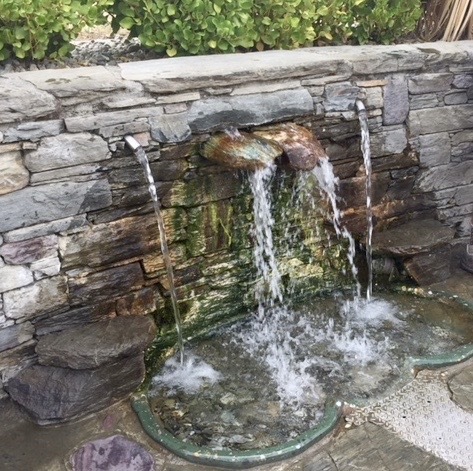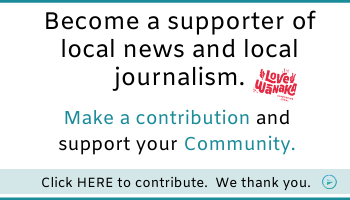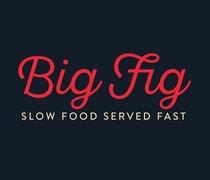Council trials smart water meters
Diana Cocks
09 August 2020, 6:04 PM
 Water meters have been trialled in Wanaka and Queenstown in the past and now a smart meter will be trialled in Glenorchy.
Water meters have been trialled in Wanaka and Queenstown in the past and now a smart meter will be trialled in Glenorchy.In its latest efforts to promote sustainable water use, the Queenstown Lakes District Council (QLDC) is planning to trial smart water meters in a pilot programme in Glenorchy later this year.
Last week QLDC sent out a request for information from suppliers who could deliver a pilot to test the value of a smart water meter solution.
QLDC chief engineer Ulrich Glasner said water metering of individual properties had been trialled in a number of places in the district, including in Wanaka, with limited success but the smart meters provided an opportunity to use new technology to provide a solution.
He said water use in this district was far higher than other councils benchmarked and a smart meter solution could help the whole community be more conscious of their water use, empowering everyone to be more sustainable.
The information from the smart meters can be downloaded onto an App and will allow people to automatically track the amount of water used and provide data about any potential leaks or irrigation failures on their property, Ulrich said.

Fresh water springs on Lakeside Drive, Wanaka.
Water metering will eventually provide the basis for councils to be able to bill individual properties for their actual usage, potentially saving low water users money and encouraging high users to change their behaviour.
“Currently in this district we’re using an average of 396 litres of water per person, per day as opposed to the national council benchmark of 263L. On peak days it can be higher again due to summer irrigation or major leaks,” Ulrich said.
Metering will also allow council to find and fix leaks more quickly, reduce the requirement to invest in providing more and more capacity in supply schemes and optimise the ongoing management of the network, he said.
Water metering has been a challenge for the QLDC in the past, however. A 2015 voluntary scheme of 350 properties in Wanaka and Queenstown using mechanical meters had to be abandoned when lake snow and algae blocked water filters.
Even though it only provided limited data, Ulrich said the trial provided valuable information across a wide range of properties, from residential to commercial and industrial businesses, and contributed to a council report, giving insight into issues such as installation costs.
Early discussions with some Glenorchy community representatives, suggested Glenorchy’s relatively small supply network and environmentally focused community would be an appropriate place to start the smart meter pilot.
“While we’re still in the early stages of sourcing a supplier and smart meter technology, we’ll keep residents informed on progress and what it means for them,” Ulrich said. Ideally, the trial will begin with summer and run for six to seven months.
If the trial is a success it will add to the QLDC’s big picture on providing a solution, but a lot more discussion and action on other issues, such as billing integration and upgrades to water treatment plants, is required before water metering could be rolled out across the district.
“It will be years away,” Ulrich said.
The QLDC’s proposed Integrated Three Waters Bylaw which regulates wastewater (including trade waste), stormwater and the water supply features a section on water meters.
“Water supply schemes are built to service a calculated demand for each household, business or industrial site and not to simply increase the capacity when demand is high. Going down that track would mean needing to upgrade reservoirs, pipes and pump stations raising the question of affordability, necessity and environmental responsibility,” Ulrich said.
“It’s easy to get complacent about our water supply and we hear a lot of people questioning why we need to look after our water use when there seems to be plenty of it,” he said.
“The reality is that water is a limited and precious resource and we all have a part to play in making sure our ongoing use is sustainable now and for future generations.”
The proposed bylaw is now open for public submissions. Find more information about it and how to make a submission here. Submissions are open until 5:00pm on September 27.
PHOTOS: Wanaka App






